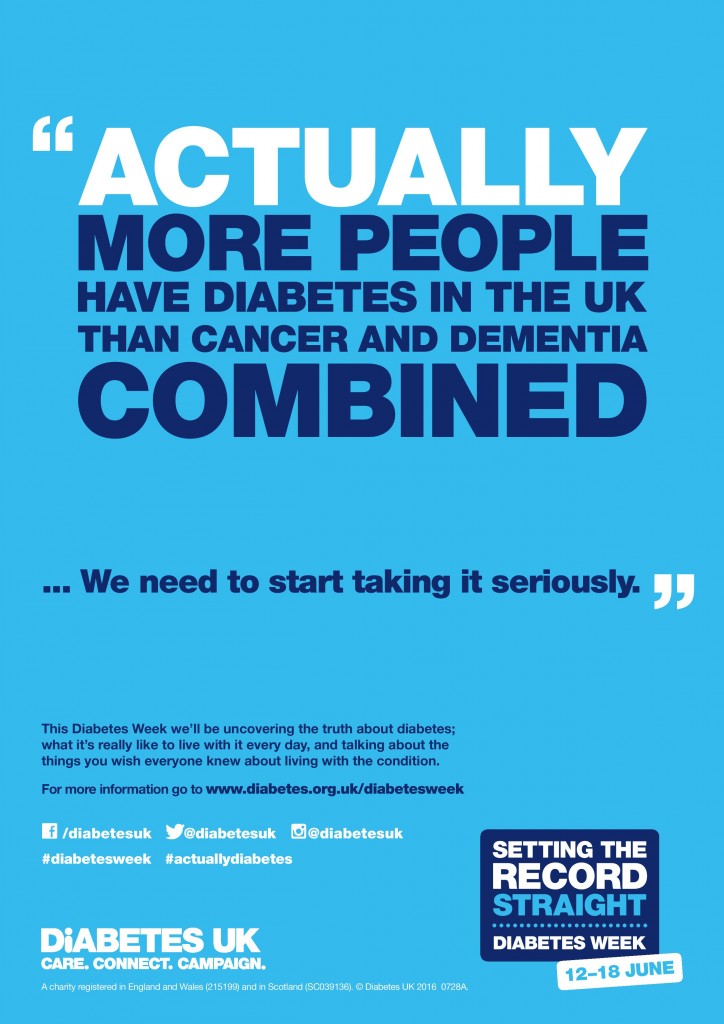
Even when risk factors associated with cardiovascular disease are optimally controlled, adults with Type 2 diabetes still have a greater risk of developing cardiovascular disease compared to the general population, according to new research published today in the American Heart Association’s flagship journal Circulation.
“Previous studies have shown that people with Type 2 diabetes had little or no excess risk of cardiovascular disease events or death when all risk factors are optimally controlled,” said Alison Wright, Ph.D., first author and research associate at the Centre for Pharmacoepidemiology and Drug Safety at the University of Manchester in the United Kingdom. “Our team sought to determine how the degree of risk factor control in people with Type 2 diabetes impacted CVD risk and mortality compared to people with Type 2 diabetes who had all risk factors optimally controlled and to people who do not have Type 2 diabetes.”
Researchers analyzed data between 2006 and 2015 using two sources: The Clinical Practice Research Datalink (CPRD) and the Scottish Care Information-Diabetes (SCI-Diabetes) dataset with linkage to hospital and mortality data. More than 101,000 people with Type 2 diabetes were identified and matched with nearly 379,000 people without diabetes in CPRD and nearly 331,000 with Type 2 diabetes in SCI-Diabetes.
Researchers focused on five cardiovascular risk factors: blood pressure, smoking, cholesterol, triglycerides and blood glucose, and examined the association to future cardiovascular events and death among these risk factors that were optimally controlled. Additionally, they examined if the presence of cardiorenal (heart and kidney) disease impacted these connections.
Their analysis found:
Only 6% of participants with Type 2 diabetes had all five risk factors within target range.
Even when all five cardiovascular risk factors were optimally controlled, people with Type 2 diabetes still had a 21% higher risk for CVD and 31% higher risk for heart failure hospitalization than people without diabetes.
The association among the number of elevated risk factors and CVD event risk was stronger in people with Type 2 diabetes who did not also have cardiorenal disease.
“People with Type 2 diabetes should be treated for cardiovascular risk factors as early as possible, regardless of whether they have cardiovascular disease or not,” Wright said. “There is real potential here to reduce the overall impact of Type 2 diabetes on future cardiovascular events, especially for patients with Type 2 diabetes who have not yet been diagnosed with CVD.”
While researchers noted that this research demonstrated the importance of risk factor control overall, future research will explore which individual factors have the greatest impact on cardiovascular risk, and, therefore, are the most important to target with interventions. According to the American Heart Association’s Life’s Simple 7®, the seven risk factors that people can improve through lifestyle changes to achieve ideal cardiovascular health are managing blood pressure, controlling cholesterol, reducing blood sugar, increasing physical activity, eating healthy foods, losing weight and quitting smoking.
A strength highlighted by the researchers is that the results can also apply to the United States population, as treatment and management guidelines are similar to the UK population studied. A limitation of this study is that it is an observational study, using data from primary care medical records that may be incomplete. Therefore, the data may not provide the full picture of the health status for these patients.